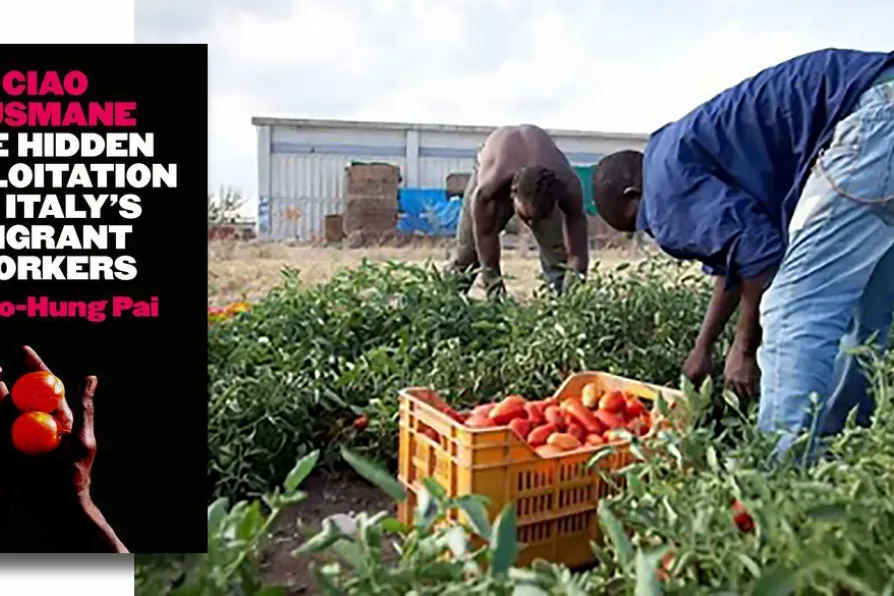RITA DI SANTO draws attention to a new film that features Ken Loach and Jeremy Corbyn, and their personal experience of media misrepresentation

 Migrant workers employed in Italy's agriculture sector
[etuc.org]
Migrant workers employed in Italy's agriculture sector
[etuc.org]
NOT much is known about Ousmane Diallo. He had made the tortuous journey from Senegal across Africa, endured a dangerous stay in Libya — where the possibility of forced labour, torture or death was ever present — and survived the perilous Mediterranean crossing to Sicily, where death awaited him a few months later.
Before dawn on an October morning in 2013, Ousmane awoke in the abandoned derelict farmhouse where he slept with several other African migrants. Not realising that their gas canister was leaking, he struck a match to light a candle. The cylinder exploded, covering 60 per cent of his body in severe burns. He was not the first migrant to die in such a way and he would not be the last.
Ciao Ousmane’s author, Hsiao-Hung Pai, states that her aim in writing this book is to document and expose the iniquitous subjugation of migrant workers like Ousmane, who are ruthlessly exploited for their labour while being vilified as a burden and a problem.

ANN CZERNIK looks back over the last two years of carnage that began with the unprecedented October 7 operation and considers the rhetoric from both sides in light of the massacre carried out by Israel that has united the world in horror

Olive oil remains a vital foundation of food, agriculture and society, storing power in the bonds of solidarity. Though Palestinians are under attack, they continue to press forward write ROX MIDDLETON, LIAM SHAW and MIRIAM GAUNTLETT

On the 80th anniversary of liberation from Nazi-fascism, left forces in Italy mobilise against genocide, armament, and the Meloni government, reports ANA VRACAR











